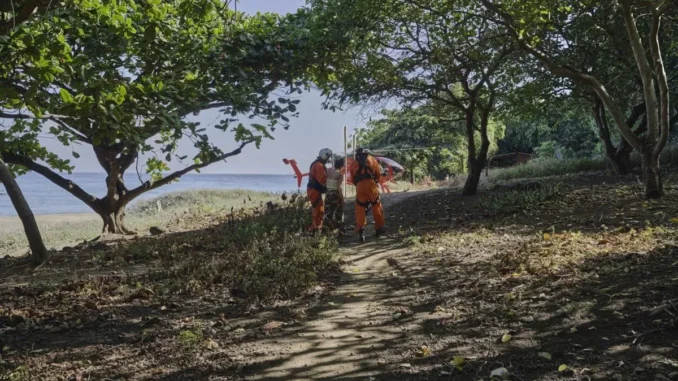
A portion of Waiʻānapanapa State Park in Maui, Hawaii, was recently closed after several hikers fell ill with norovirus, a highly contagious virus that can cause severe gastrointestinal distress. Norovirus is known for spreading rapidly in environments where people are in close contact, such as cruise ships, schools, and parks. It is transmitted through contaminated food, water, or surfaces, and can also spread via direct contact with an infected person. The virus causes symptoms like nausea, vomiting, diarrhea, and stomach pain, typically lasting one to three days. While most people recover without severe complications, the illness can be particularly dangerous for young children, the elderly, and those with weakened immune systems.
Waiʻānapanapa State Park, famous for its black sand beaches, stunning coastal views, and scenic hiking trails, is a popular destination for tourists and locals alike. The closure of parts of the park has raised concerns, especially given Hawaii’s reliance on tourism. Officials took swift action to shut down the affected areas to prevent further spread of the virus and protect the health and safety of visitors. Public health authorities are conducting an investigation to trace the source of the outbreak. They are also sanitizing facilities, including bathrooms and picnic areas, to ensure the park is safe for visitors once it reopens.
This incident serves as a reminder of the importance of hygiene, especially in shared public spaces. Health officials recommend that visitors to the park and other public places take precautions such as washing hands frequently with soap and water, avoiding contact with sick individuals, and using hand sanitizer when soap is unavailable. People are also advised to stay home if they experience symptoms of norovirus to prevent further outbreaks.
The park’s temporary closure highlights the challenges in managing public health risks in popular tourist destinations. With Hawaii’s warm, tropical climate and the constant influx of visitors, maintaining sanitary conditions in parks and other outdoor spaces can be difficult, but necessary to prevent the spread of illnesses like norovirus. As the state works to contain this outbreak, the focus remains on ensuring the safety of both residents and visitors, while minimizing disruption to Hawaii’s crucial tourism industry.
Leave a Reply